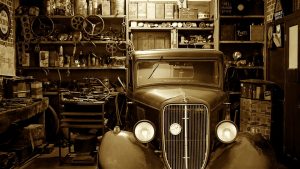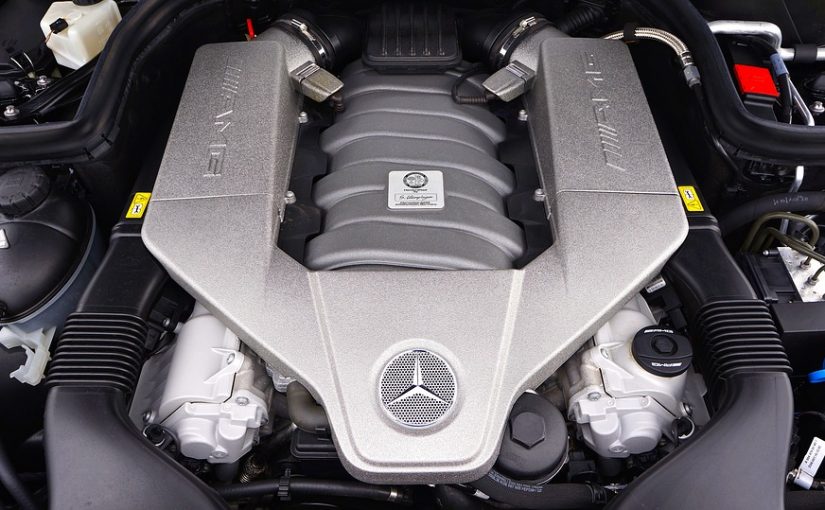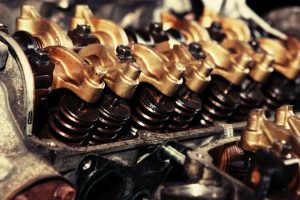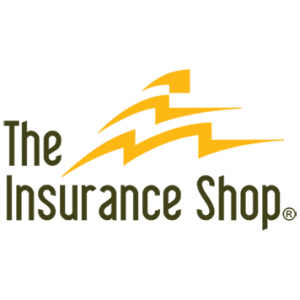What is Garage Keepers Insurance?
To make an informed decision about purchasing insurance for a car dealership, garage, or auto repair shop; first you need to know exactly what Garage Keepers Insurance is. Garage Keepers Insurance is designed to protect a garage business for loss to a customer’s auto when it is left in the care and supervision of the business. Think of this as protection for auto repair shops, garages, and car dealerships looking to block more risk when it comes to attending, servicing, repairing or storing autos in their garages or on their premises. Here are three aspects to consider when determining whether to buy this coverage and if so, what limits you need.

The Differences Between Garage Keepers and Garage Liability?
A Garage Liability Insurance is a specific type of insurance policy. A Garage Keepers Policy protects clients against damage to a customer’s vehicle including fire, theft, extreme weather, and vandalism. This policy, however, does not cover damage that occurs from things like faulty workmanship, parts or out-of-date warranties. The policy covers garage and auto body shops for both bodily injury and property damage. This type of a liability insurance policy is designed to protect incidents that involve ownership, maintenance, or use of locations for garage business operations. Some carriers offer the ability to extend liability for cardealerships to cover all autos on a car lot. This would include both cars to be sold and cars having maintenance performed.
Don’t forget to ask about Limits, Deductibles and a few other details
During the buying process, every business owner must decide what type of deductible and the limit they are comfortable with. This decision will determine what the business pays for annual premium and how much the insurance carrier will pay out in the event of a claim. Two things to be aware of when deciding on this coverage is if the policy is Comprehensive or if the policy has Specified Causes of Loss. Comprehensive coverage covers the damage to a customers auto from any cause. Often there are a few exceptions that commonly include the auto’s collision with another object or the auto’s overturn. A garage keepers liability policy that is the specified causes of loss are cheaper compared to comprehensive policies, but they do not cover damages cause dby fire, lightning, or explosion; theft; or mischief or vandalism.
Coverage for these policies can be sold with two deductibles. One applies to each vehicle and the other applies to each event. Having an extended conversation with your insurance agent is a great way to determine if you need this policy and if so where your limit should be. The size of a businesses facility, the revenue of your business, and how many vehicles the business commonly has in possession will all determine the amount of liability needed by any particular business.

What Types of Liability are Covered?
There are three main types of liability covered by a Garage Keepers Policy. Those three types of liability are
- Legal Liability
- Direct Primary
- Direct Excess
Legal Liability
Legal Liability is the most common form of liability that cuases a business to file a claim on a Garage Keepers Liability Policy. This typoe of claim deals with damage to a clients claim because of negligence by the insured. An example of this is when a mechanic is involved in an accident while test driving a vehicle.
Direct Primary
DIrect Primary Liability covers the customers vehicle regardless of liability. When a loss occurs that is not the fault of the insured (the business), this type of liability kicks in to cover the loss. Weather related damage and theft are the two most frequent reasons for this type of claim.
Direct Excess
Direct Excess is very similar to direct primary, but only pays in excess of any other collectible insurance. This type of policy is much cheaper to secure, but does come with the business taking on an additional portion of the losses when a large claim occurs.

Exclusions to Consider
Before pulling the trigger on any insurance policy, a business owner needs to have a full undertanding of the exclusions involved with any policy they are purchasing. Common included exclusions for a Garage Keepers Insurance Policy include: theft by an employee, defective parts, faulty work, mobile radios, scanners, radar detectors, CD players, speakers or any equipment not permanently installed in the vehicle.






 My Insurance Question is a creation of
My Insurance Question is a creation of